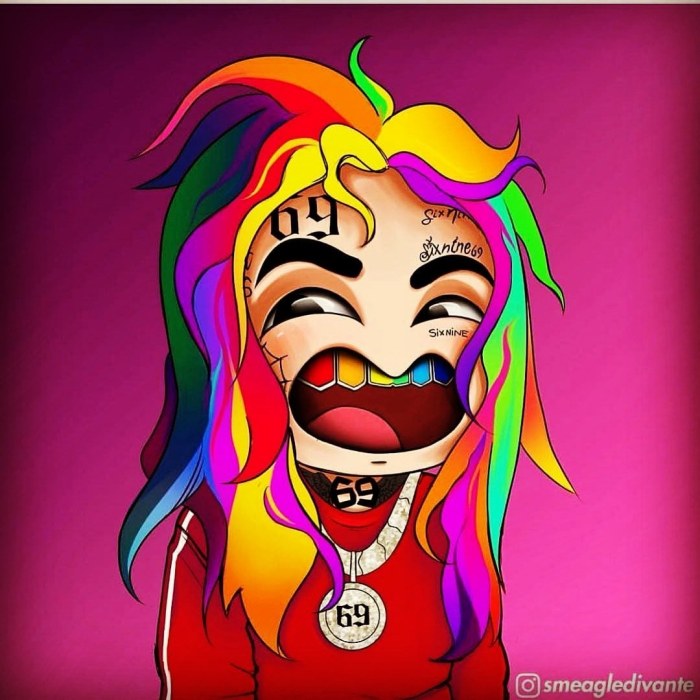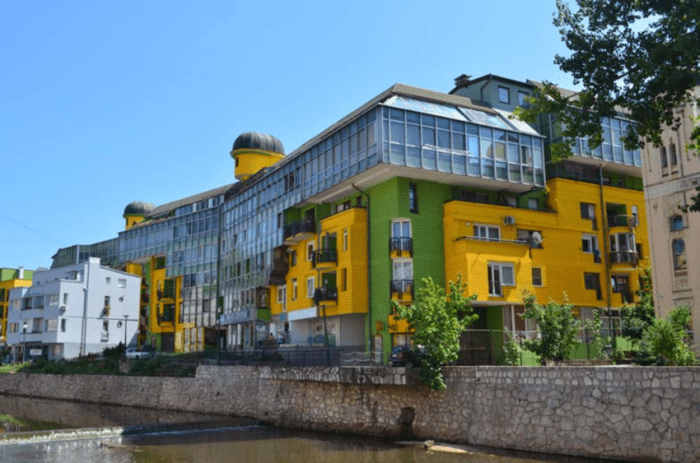Who is a postmodern author apex – In the realm of postmodern literature, a select group of authors stands as the apex, pushing the boundaries of literary expression and reshaping the landscape of contemporary writing. These postmodern author apexes have played a pivotal role in defining the characteristics, themes, and techniques that have come to define this influential literary movement.
Postmodern literature emerged in the mid-20th century as a response to the perceived limitations of modernism. Postmodern authors rejected the modernist emphasis on objectivity, rationality, and universal truths, instead embracing fragmentation, discontinuity, and the exploration of identity and subjectivity.
Defining Postmodern Literature

Postmodern literature is a literary movement that emerged in the mid-20th century as a response to the perceived limitations of modernism. Postmodern literature is characterized by its rejection of traditional forms and conventions, its emphasis on fragmentation and discontinuity, and its exploration of themes such as identity, reality, and language.
Some of the key characteristics of postmodern literature include:
- Fragmentation and discontinuity:Postmodern literature often eschews traditional narrative structures and instead presents a fragmented and discontinuous narrative. This reflects the postmodern belief that there is no single, objective reality, but rather multiple, subjective realities.
- Metafiction:Postmodern literature often draws attention to its own fictionality. This is done through techniques such as breaking the fourth wall, using unreliable narrators, and embedding stories within stories.
- Intertextuality:Postmodern literature often makes references to other works of literature, both high and low. This creates a sense of intertextuality, in which the meaning of a text is constantly being deferred and renegotiated.
- Self-reflexivity:Postmodern literature often reflects on its own processes and conventions. This self-reflexivity can take many forms, such as the use of metafiction, the exploration of the relationship between author and reader, and the questioning of the nature of truth and reality.
Some of the most famous examples of postmodern literature include:
- Gravity’s Rainbowby Thomas Pynchon
- The Crying of Lot 49by Thomas Pynchon
- The Mezzanineby Nicholson Baker
- White Noiseby Don DeLillo
- The Postmodern Conditionby Jean-François Lyotard
Apex Authors in Postmodern Literature: Who Is A Postmodern Author Apex

Postmodern literature is characterized by its rejection of traditional literary forms and conventions. Postmodern authors experiment with language, structure, and narrative to create works that are often fragmented, non-linear, and open to interpretation. Some of the most influential postmodern authors include:
- Don DeLillo: DeLillo’s novels explore the themes of paranoia, alienation, and the search for meaning in a postmodern world. His works include White Noise(1985) and Underworld(1997).
- Thomas Pynchon: Pynchon’s novels are known for their complex plots, intricate characters, and encyclopedic scope. His works include Gravity’s Rainbow(1973) and Mason & Dixon(1997).
- Margaret Atwood: Atwood’s novels explore the themes of feminism, gender, and power. Her works include The Handmaid’s Tale(1985) and Oryx and Crake(2003).
- Cormac McCarthy: McCarthy’s novels are known for their spare prose, violence, and apocalyptic themes. His works include Blood Meridian(1985) and The Road(2006).
- Toni Morrison: Morrison’s novels explore the themes of race, history, and the African-American experience. Her works include Beloved(1987) and Jazz(1992).
These authors have all made significant contributions to postmodern literature, and their works have helped to shape the movement.
Themes Explored by Postmodern Authors

Postmodern literature is characterized by a departure from traditional literary conventions and an exploration of complex and often fragmented themes. Postmodern authors often challenge established notions of reality, identity, and narrative structure, and their works often reflect the complexities and uncertainties of the postmodern condition.
Identity and Subjectivity
Postmodern authors frequently explore the fluidity and constructed nature of identity. They question traditional notions of a fixed self and instead present characters who are fragmented, multiple, and in a constant state of flux. This exploration of identity often reflects the postmodern emphasis on subjectivity and the idea that there is no single, objective reality.
Fragmentation and Discontinuity
Postmodern literature often employs techniques of fragmentation and discontinuity to reflect the fragmented and disjointed nature of the postmodern world. Narratives may be non-linear, characters may be underdeveloped or absent, and events may be presented in a disjointed or episodic manner.
This fragmentation serves to challenge traditional notions of narrative coherence and to reflect the fragmented and disorienting experiences of postmodern individuals.
Metafiction and Self-Reflexivity, Who is a postmodern author apex
Metafiction is a technique in which the author draws attention to the constructed nature of the literary work itself. Postmodern authors often employ metafictional techniques to comment on the process of writing and to challenge the traditional distinction between fiction and reality.
This self-reflexivity allows authors to explore the nature of storytelling and to question the authority of the author and the text.
The Postmodern Condition
Postmodern authors often explore the concept of the postmodern condition, which refers to the cultural and intellectual climate of the late 20th and early 21st centuries. This condition is characterized by a sense of fragmentation, uncertainty, and a loss of faith in traditional values and institutions.
Postmodern authors often reflect this condition in their works, which may explore themes of alienation, isolation, and the search for meaning in a fragmented world.
Techniques and Innovations in Postmodern Literature

Postmodern authors have employed a range of innovative techniques to challenge traditional literary conventions and explore the complexities of the postmodern condition. These techniques include:
Intertextuality and Collage
Postmodern authors frequently draw upon and incorporate elements from other texts, creating a rich tapestry of intertextual references. This technique allows them to explore the interconnectedness of texts and question the notion of originality. Collage, a related technique, involves the juxtaposition of disparate images, texts, or objects to create new and often unexpected meanings.
Non-linear Narratives
Postmodern authors often abandon traditional linear narratives in favor of non-linear structures. These narratives may jump between different time periods, perspectives, or storylines, challenging the reader’s expectations and creating a sense of fragmentation and disorientation.
Experimental Forms and Structures
Postmodern authors have experimented with a wide range of literary forms and structures. These include the use of fragmented narratives, metafiction, and hybrid genres that blend elements of fiction, non-fiction, and poetry. These experimental forms reflect the postmodern preoccupation with the breakdown of boundaries and the questioning of traditional literary categories.
The Legacy of Postmodern Literature

Postmodern literature has had a profound impact on contemporary writing, leaving an indelible mark on the literary landscape. Its unconventional approaches and radical departures from traditional forms have shaped the way writers conceive, construct, and engage with literature.
Postmodern authors have challenged established literary conventions, pushing the boundaries of storytelling and narrative structure. They have questioned the authority of the author, embraced fragmentation, and explored the complexities of identity, reality, and language. This experimentation has opened up new possibilities for literary expression and expanded the horizons of what is considered acceptable within the realm of literature.
Inspiration for New Generations
Postmodern authors continue to inspire new generations of writers, who find resonance in their innovative techniques and thought-provoking themes. They have demonstrated the power of challenging norms, questioning assumptions, and embracing the multifaceted nature of existence. Their work serves as a catalyst for literary exploration, encouraging writers to break away from traditional constraints and explore uncharted territories of imagination.
Top FAQs
Who are the most influential postmodern authors?
Some of the most influential postmodern authors include Samuel Beckett, Jorge Luis Borges, Italo Calvino, Umberto Eco, and Don DeLillo.
What are the key characteristics of postmodern literature?
Postmodern literature is characterized by its fragmentation, discontinuity, exploration of identity and subjectivity, and self-reflexivity.
How did postmodern authors contribute to the literary landscape?
Postmodern authors challenged traditional literary conventions and pushed the boundaries of expression, opening up new possibilities for literary exploration.